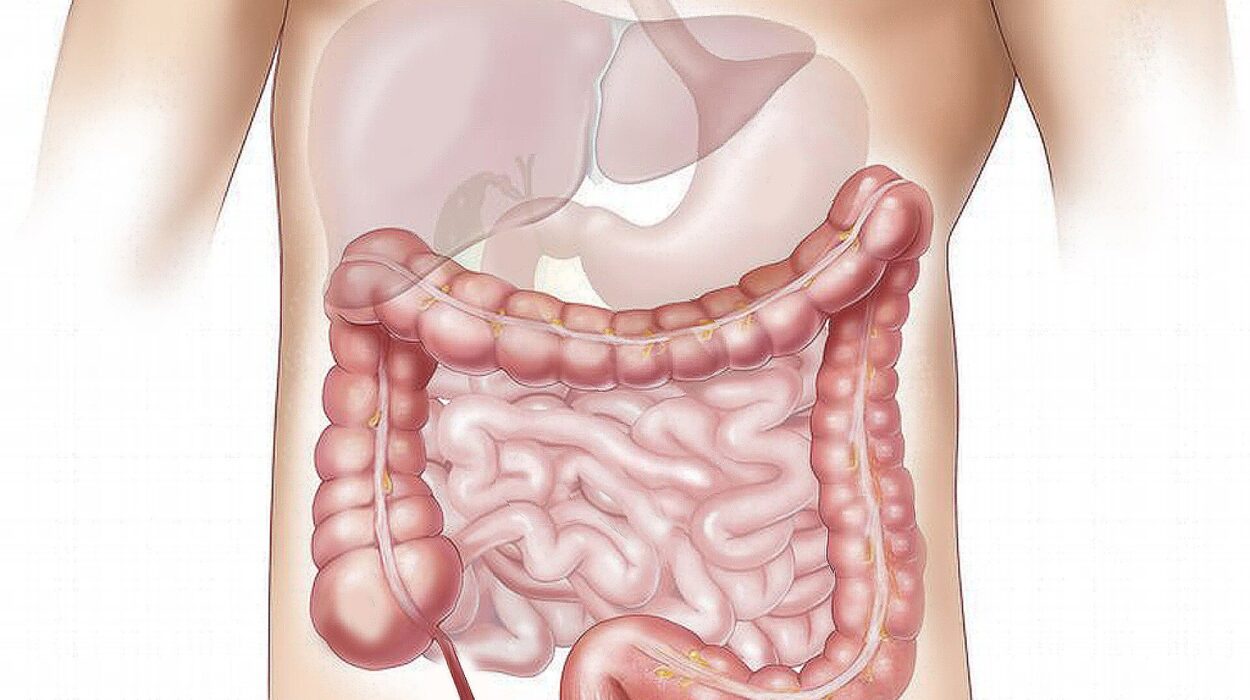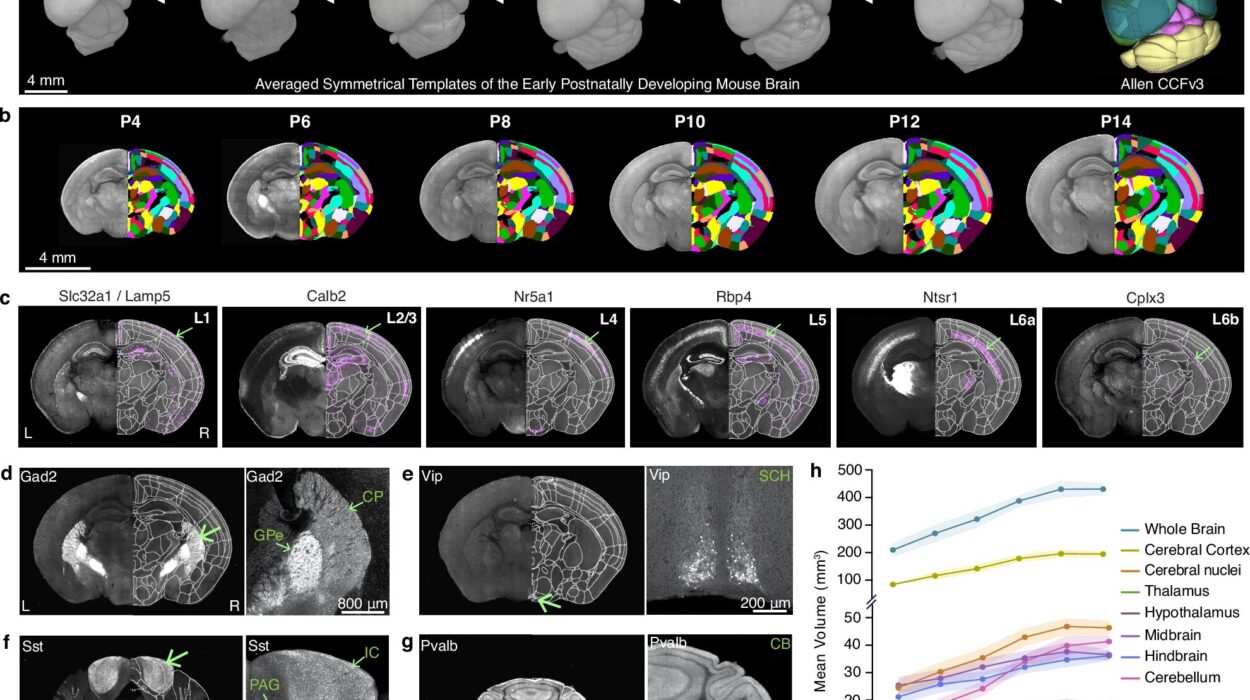For most women, the menstrual cycle is a monthly reminder of the quiet choreography happening within their bodies. Like the rise and fall of the moon or the changing of the tides, menstruation is rooted in rhythm, a pattern governed by hormones, biology, and time. But what happens when that rhythm skips a beat—when periods arrive unexpectedly, linger too long, vanish for months, or bring along symptoms that just don’t feel normal?
Irregular periods are more common than most people think, and they often raise many questions. Is something wrong with my hormones? Could it be stress? Do I have a medical condition? Should I be worried?
Before panic sets in, it’s important to understand that the menstrual cycle is sensitive to a wide range of factors. Some disruptions are harmless, fleeting, and part of life. Others signal deeper health concerns that need attention. The key is knowing when to watch, when to wait, and when to act.
This is your guide to understanding what causes irregular periods—and when you should start asking more serious questions.
What Counts as an Irregular Period, Anyway?
The term “irregular period” gets tossed around often, but it’s not always clear what it actually means. For some women, it’s about timing—periods that come too early, too late, or unpredictably. For others, it’s about the experience: bleeding that’s unusually heavy, surprisingly light, painfully intense, or oddly absent.
In general, a typical menstrual cycle ranges from 21 to 35 days, with bleeding lasting between 2 to 7 days. Anything that falls outside that range might be considered irregular. But it’s not just about numbers. If your cycle is suddenly different than what’s normal for you—more frequent, less frequent, heavier, lighter, or accompanied by troubling symptoms—it qualifies as irregular, even if it technically fits within the average ranges.
The truth is, your period is a vital sign. Just like blood pressure, heart rate, or temperature, your menstrual cycle offers a window into your overall health. Changes in that cycle aren’t random; they’re clues—whispers from your body about what’s going on beneath the surface.
The Hormonal Symphony Behind Every Cycle
To really understand why periods become irregular, it helps to peek behind the curtain at the hormonal symphony that drives the menstrual cycle. Four major hormones—estrogen, progesterone, luteinizing hormone (LH), and follicle-stimulating hormone (FSH)—play lead roles in orchestrating ovulation and menstruation.
At the beginning of the cycle, estrogen levels rise, prompting the lining of the uterus (the endometrium) to thicken in preparation for a potential pregnancy. Around mid-cycle, a surge in LH triggers ovulation—the release of an egg from one of the ovaries. After ovulation, progesterone kicks in to maintain the uterine lining. If the egg isn’t fertilized, progesterone levels drop, the lining sheds, and menstruation begins.
This process is delicate. Even small disruptions—like stress, illness, or changes in weight—can throw off the timing and coordination of these hormones. And when the hormonal harmony is disturbed, irregular periods often follow.
The Many Faces of Irregular Periods
Irregular periods don’t look the same for every woman. For some, they mean cycles that arrive every 45 days instead of monthly. For others, periods show up like an uninvited guest—twice in one month, or after months of silence. Some experience spotting between periods, while others have heavy bleeding that soaks through pads in an hour. Some skip ovulation entirely; others ovulate unpredictably.
These experiences may seem wildly different, but they all stem from the same basic issue: something is interfering with your hormonal regulation. That “something” can be physiological, emotional, environmental, or medical. Understanding what that is begins by looking at the most common—and often surprising—causes of menstrual irregularity.
Stress: The Silent Saboteur
If there’s one factor that can instantly disrupt your cycle, it’s stress. Emotional, physical, or mental strain can wreak havoc on your hormones, especially the delicate balance between cortisol and reproductive hormones.
When your body perceives stress—whether it’s from work deadlines, relationship drama, financial worries, or even excessive exercise—it prioritizes survival over reproduction. The brain sends signals to suppress ovulation, reduce hormone production, and put fertility on the back burner. It’s a primal, protective response: your body doesn’t want to get pregnant in a hostile or uncertain environment.
The result? Late periods, missed periods, or even prolonged cycles with breakthrough bleeding. The effect can be temporary, but if stress becomes chronic, menstrual irregularity can become a pattern.
Polycystic Ovary Syndrome (PCOS): A Hormonal Puzzle
One of the most common causes of irregular periods in women of reproductive age is polycystic ovary syndrome, or PCOS. This complex hormonal disorder affects up to 1 in 10 women and is often underdiagnosed due to its wide-ranging and sometimes subtle symptoms.
PCOS is characterized by an imbalance in reproductive hormones—particularly elevated androgens (male hormones like testosterone)—and problems with insulin regulation. These disruptions interfere with ovulation, meaning that eggs may not be released regularly (or at all), leading to infrequent or unpredictable periods.
Women with PCOS may also experience symptoms like acne, weight gain, excessive hair growth, thinning hair on the scalp, and difficulty getting pregnant. The condition is linked to long-term health risks such as diabetes, heart disease, and endometrial cancer if left untreated.
Though the exact cause of PCOS is unknown, genetics, lifestyle, and environmental factors all play a role. Managing it often involves a combination of hormonal treatments, lifestyle changes, and blood sugar regulation.
Thyroid Disorders: The Metabolic Maestros
The thyroid gland may be small, but it wields enormous influence over your menstrual cycle. Located at the base of your neck, this butterfly-shaped gland produces hormones that regulate metabolism, energy, and much more—including reproductive health.
Both hypothyroidism (an underactive thyroid) and hyperthyroidism (an overactive thyroid) can cause menstrual irregularities. In hypothyroidism, periods may become heavier, longer, and less frequent. In hyperthyroidism, they may become lighter, shorter, or even vanish altogether.
Thyroid disorders often come with other symptoms like fatigue, weight changes, anxiety, hair loss, and temperature sensitivity. If your period changes are accompanied by these signs, it’s worth checking your thyroid levels through a simple blood test.
Weight Fluctuations and Disordered Eating
Your body’s ability to menstruate is closely tied to its fat stores and energy balance. Extreme weight loss, rapid weight gain, or chronic under-eating can all affect ovulation and menstruation. Fat tissue produces estrogen, and too much or too little body fat can throw estrogen levels off balance.
Conditions like anorexia nervosa, bulimia, and orthorexia can suppress the menstrual cycle entirely—a condition known as hypothalamic amenorrhea. On the flip side, obesity can contribute to estrogen dominance and insulin resistance, both of which can lead to irregular periods.
The takeaway? Your body needs fuel and stability to maintain hormonal balance. Deprivation, over-exercise, and rapid changes all send mixed messages to your reproductive system, often resulting in period problems.
Birth Control and Hormonal Contraceptives
When it comes to controlling your cycle, birth control is both a cause and a solution for irregular periods. Hormonal contraceptives—like the pill, patch, injection, ring, or hormonal IUD—alter the natural menstrual cycle by introducing synthetic hormones that prevent ovulation.
Some women experience very regular, predictable withdrawal bleeds while on birth control. Others may have spotting, light periods, or no bleeding at all. When starting, stopping, or switching birth control methods, it’s common to see temporary irregularity as your body adjusts.
Non-hormonal methods, like the copper IUD, can also impact your cycle—often making periods heavier or more painful at first. If your period changes significantly after starting or stopping contraception, it’s usually temporary. But persistent problems should be discussed with a healthcare provider.
Perimenopause: The Menstrual Wild Card
For women in their 40s (and sometimes even late 30s), irregular periods can be a sign that perimenopause—the transitional phase before menopause—is beginning. During this time, hormone levels fluctuate unpredictably, causing cycles to shorten, lengthen, or become erratic.
You might skip a period for months, then have two in a row. You might bleed more heavily or more lightly than usual. You might also experience hot flashes, mood swings, sleep disturbances, and changes in libido.
Perimenopause can last for several years before menopause officially begins (defined as 12 months without a period). While this phase is normal, extremely heavy bleeding or bleeding after sex should always be evaluated to rule out other conditions.
Medical Conditions Worth Investigating
Sometimes, irregular periods are a symptom of an underlying medical issue that requires attention. Uterine fibroids, endometriosis, pelvic inflammatory disease (PID), and certain cancers can all cause abnormal bleeding patterns.
Fibroids are non-cancerous growths in the uterus that can lead to heavy, prolonged periods or spotting. Endometriosis involves tissue similar to the uterine lining growing outside the uterus, often causing painful periods and irregular bleeding. PID, usually caused by sexually transmitted infections, can inflame reproductive organs and disrupt cycles.
In rare cases, cervical or uterine cancer may present with irregular bleeding—especially after menopause or between periods. While these are not the most common causes of irregular periods, any persistent or unusual bleeding warrants a thorough evaluation.
When Should You Be Concerned?
With so many potential causes, it’s natural to wonder when an irregular period is something to worry about. While occasional shifts in your cycle are normal, persistent, unexplained, or extreme changes should never be ignored.
If you’re missing periods for several months, bleeding excessively (soaking through pads or tampons every hour), experiencing severe pain, or noticing symptoms like fatigue, weight changes, or hair loss, it’s time to seek medical advice. Likewise, if your periods stop suddenly and you’re not pregnant or approaching menopause, that’s a red flag.
Think of your period as a report card from your body. If it’s sending mixed signals, it may be time to decode them with the help of a healthcare provider. Blood tests, ultrasounds, and physical exams can help uncover the root cause—and more importantly, point you toward the right treatment.
Tracking Your Cycle for Better Clarity
One of the most powerful tools for understanding your period is simple: tracking it. Whether you use a digital app, a journal, or a paper calendar, recording your menstrual cycle can reveal patterns and red flags you might otherwise miss.
Note the start and end dates, flow intensity, symptoms like cramps or mood swings, and any mid-cycle spotting or pain. Over time, this information can help you and your doctor pinpoint what’s normal for you—and what’s not.
Cycle tracking is especially helpful if you’re trying to conceive, suspect hormonal imbalances, or need to monitor a condition like PCOS or endometriosis. Knowledge is power, and in this case, it could be the key to unlocking better reproductive health.
The Mind-Body Connection You Can’t Ignore
Your menstrual cycle doesn’t exist in a vacuum. It’s intertwined with your mental health, emotional well-being, and lifestyle choices. Anxiety, depression, chronic stress, trauma, and poor sleep can all manifest in your cycle. Likewise, managing these issues—through therapy, mindfulness, rest, or medication—can bring your cycle back into balance.
You are not separate from your biology. Every thought, emotion, and experience can influence your hormonal flow. Understanding this connection is crucial not just for treating irregular periods, but for honoring the whole person behind them.
Conclusion: Listening to the Language of Your Body
Irregular periods are not just a nuisance. They are messengers—sometimes subtle, sometimes loud—trying to tell you something about your body’s inner workings. Whether the cause is stress, a medical condition, lifestyle changes, or hormonal shifts, the message is worth listening to.
Don’t settle for confusion or silence when your cycle feels off. Don’t dismiss your concerns or let others tell you “it’s normal” if it doesn’t feel right to you. You are the expert on your own body, and you deserve answers.
Irregular periods are common—but that doesn’t mean they should be ignored. With knowledge, attention, and the right support, you can navigate the fluctuations, decode the signs, and reclaim harmony in the rhythm of your body.






